Hu warns of corruption as key Chinese leadership meeting begins
November 8, 2012 -- Updated 0358 GMT (1158 HKT)
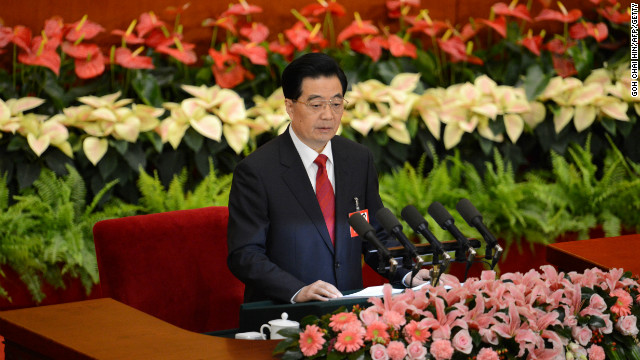
How China's leadership is chosen
STORY HIGHLIGHTS
- Thousands of delegates gather in Beijing for the meeting
- The congress will usher in a new set of leaders
- Hu Jintao is expected to pass the top party job to Xi Jinping
- The key meeting follows a year beset by scandal for the party
Hu was speaking at the
party's 18th National Congress in Beijing, a key meeting of top
officials that will usher in a new set of leaders of the world's most
populous nation. He is expected to hand over the party's top job to Vice
President Xi Jinping.
"If we fail to handle
this issue well, it could prove fatal to the party, and even cause the
collapse of the party and the fall of the state," Hu said of corruption
during his speech at the start of the congress, according to the
state-run news agency Xinhua.
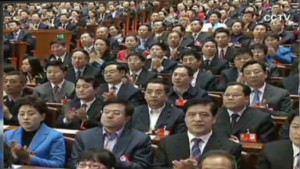 China's National Congress meets
China's National Congress meets
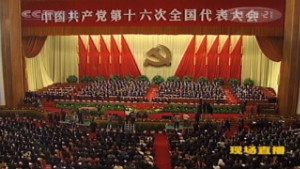 What China's leadership change means
What China's leadership change means
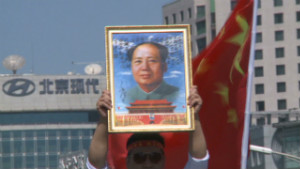 Mao's shadow over China
Mao's shadow over China
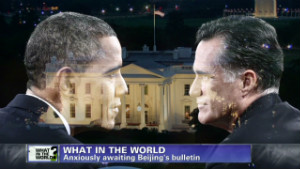 What in the world: Change in China
What in the world: Change in China
 China prepares for political transition
China prepares for political transition
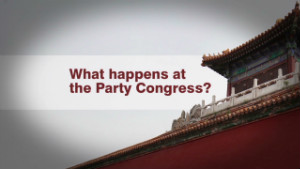 Inside China's Communist Party Congress
Inside China's Communist Party Congress
His comments stood out in
light of the huge political scandal that has rocked the party this
year. The controversy involved the former high-flying politician Bo
Xilai who is now under criminal investigation after being ousted from
his posts and the party itself.
More than 2,200 delegates
from across China are gathering for the Congress, and they in turn
select the 200-plus members of the party's Central Committee, who in
turn appoint the Politburo and ultimately the all-powerful Politburo
Standing Committee -- the country's decision-makers. But most, if not
all, of the outcomes are predetermined.
The congress itself meets
every five years. It is designed to assess the country's progress, and
set new directions. Every 10 years it selects the new leadership.
This year, the legacy of
the Hu years is under the microscope. Under Hu and Premier Wen Jiabao,
China's economy has continued to grow, lifting tens of millions of
people out of poverty.
China is now the world's
second-biggest economy and closing fast on the United States. But there
have been disappointments and discontent along the way, and Hu's much
vaunted "harmonious society" is showing signs of cracking.
Chinese leaders have
endured a tumultuous year. The veil of secrecy around the party has been
lifted, with reports of rifts and infighting. And the fall of Bo
brought about China's biggest political scandal in decades.
Bo, once party chief of
the massive metropolis of Chongqing, is now in disgrace awaiting trial.
His wife, Gu Kailai, is in prison, convicted of murdering a British
business associate.
Senior party leaders and
their leaders have had to deal with unusual scrutiny of their affairs,
with Western news organizations publishing investigations into the
wealth accumulated by the families of Xi and Wen.
Chinese authorities
responded to the reports by blocking the websites of the news
organizations involved: Bloomberg News and The New York Times. But
China's army of censors is having to grapple with the rapid rise of
social media platforms on which information moves and mutates at a
dizzying pace.
China is treading many
fault lines: a widening gap between rich and poor, rising unrest about
issues like pollution and land seizures, and a slowing economy that some
say is in need of serious reform.
CNN's Stan Grant contributed to this report.

ไม่มีความคิดเห็น:
แสดงความคิดเห็น